From Val Duchesse to Riga: how to relaunch social dialogue?
On 21 and 22 April 2015 Ministers for Employment and Social Affairs in Riga again discussed informally ways towards a true and responsible social dialogue.
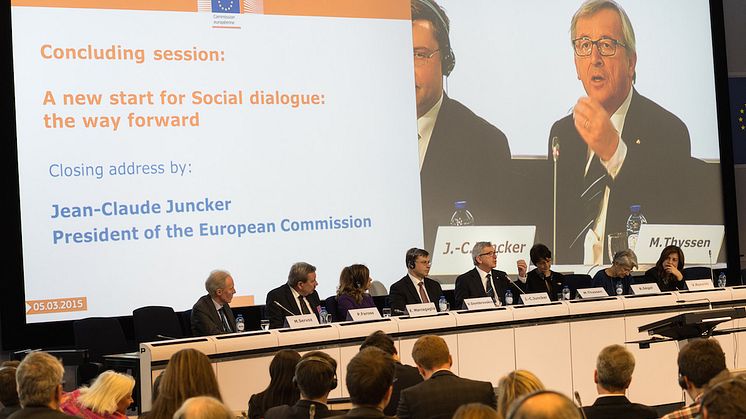
On 21 and 22 April 2015 Ministers for Employment and Social Affairs in Riga again discussed informally ways towards a true and responsible social dialogue.

In the immediate aftermath of the recession in 2008, employment in the public sector continued to grow, helping to sustain demand in the European economy. However, by 2010 significant restructuring was underway in the public sector in several Member States. The ‘ERM Annual Report 2014 – Restructuring in the public sector’ provides an overview of restructuring trends in Member States since 2008.
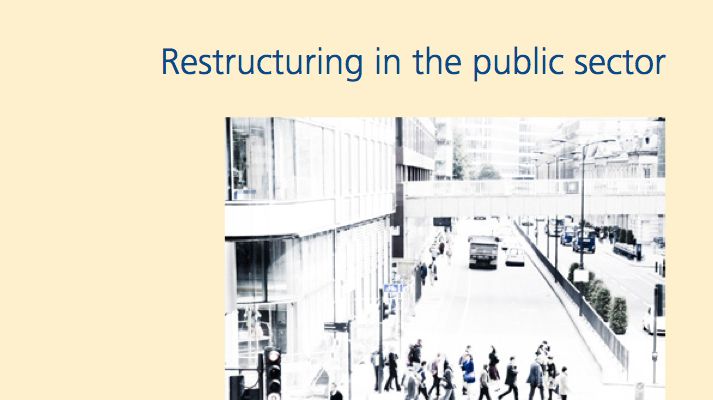
The take-up rate of parental and paternity leave among fathers has been increasing in most Member States but it still remains relatively low. Covering all the EU Member States and Norway, this report looks at the most recent trends in terms of take-up of parental and paternity leave, existing provisions and factors influencing take-up rates.
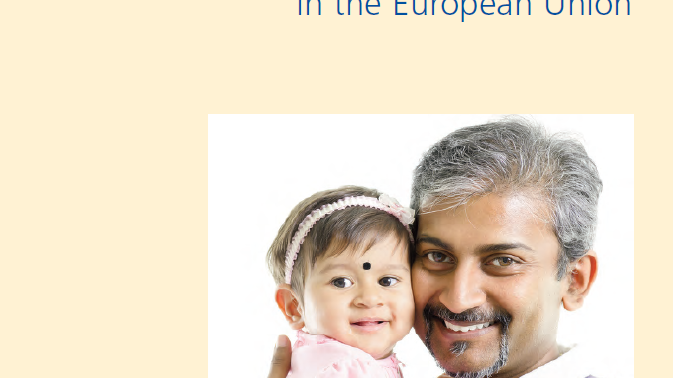
Eurofound’s 2015 work programme outlines a dual challenge for the European Union and the Member States: finding a way out of the crisis while pursuing the mid-term ambition of achieving progress towards a competitive and fair Europe. Although the financial situation in Europe seems to have stabilised, the recovery is still very modest and needs to be consolidated.
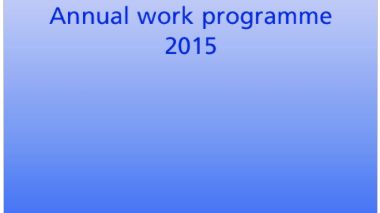
Eurofound’s fifth annual yearbook, Living and working in Europe, based on the Agency’s research from 2013, describes developments in the EU in the wake of the crisis, focusing on major topic areas including changes in labour markets and employment, efforts to tackle youth unemployment, innovation in workplaces and public trust in institutions.

In cooperation with the Greek Presidency of the Council of the European Union, Eurofound is organising a high-level conference Social Dialogue as a driver in shaping and improving employment and working conditions in the EU in Athens on Monday 23 June 2014. Keynote speakers include Nobel Price winner Sir Christopher Pissarides and Ioannis Vroutsis, Minister of Labour, Social Security and Welfare.
Eurofound publishes a report which looks at families in the economic crisis, and outlines relevant kinds of policies and services that can best protect families from the risks of poverty and social exclusion, in such areas as social protection benefits, housing, childcare and healthcare. The findings are presented at a Greek EU Presidency conference in Athens, Greece, today 29 April.
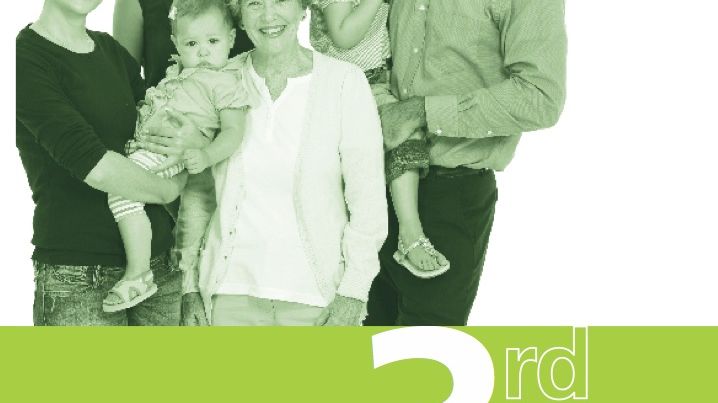
What can the European Union do for families in terms of improved well-being, work-life balance and care? The countdown is ON for the #FamiliesVOTE2014 debate 13:00 - 15:00 CET on 28 March, aimed at helping families make the choice for the 2014 European Parliament elections #EP2014..
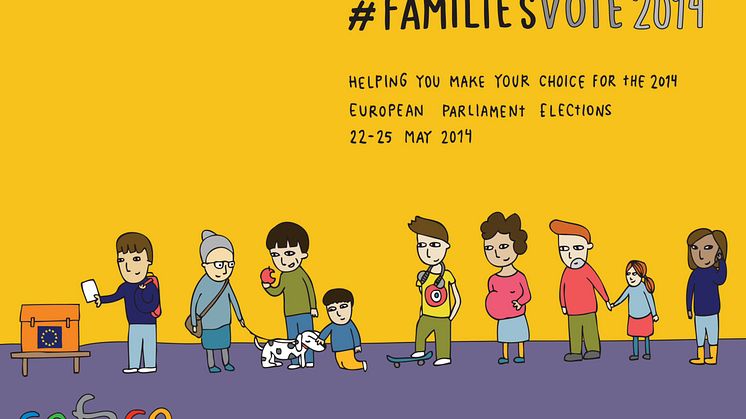
The number of young people living at home with their parents across Europe has increased from 44% to 48% between 2007 and 2011, according to new research by Eurofound. The ‘Social situation of young people in Europe’, presented to policymakers in Dublin today, offer comparative insight across EU Member States of the social situation of youth in Europe and evolving trends.
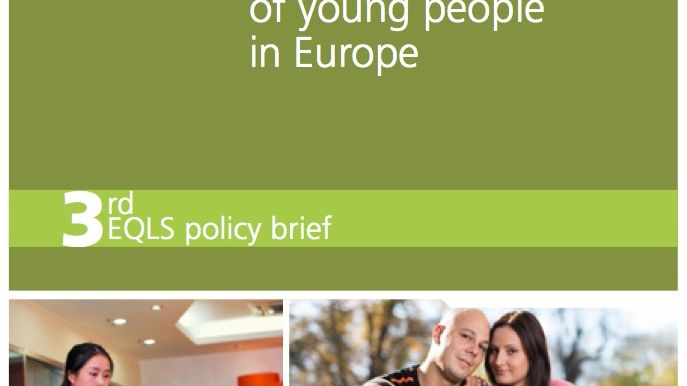
The economic crisis has hit EU countries hard, and the unemployment rate of women and young people have risen to unprecedented levels. This puts a lot of pressure on families, and the EU as a whole. What can be done to ensure young people have either a job, or an internship or a place in education or training? Join the debate on what the EU can and will do for families’ wellbeing on 28 March.
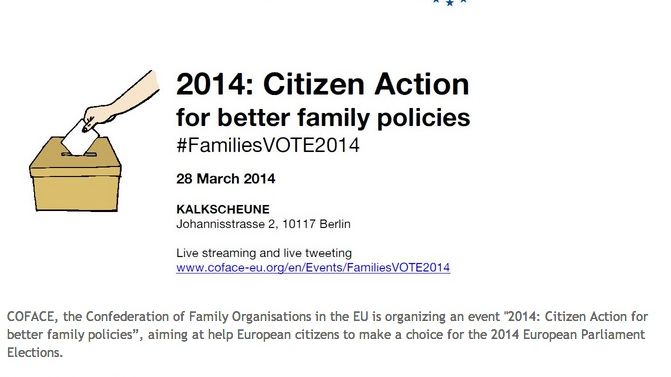
Workplace violence is a social phenomenon of a certain magnitude. Overall, approximately 6% of European workers report having experienced some form of workplace violence, either physical or psychological, in the past 12 months. Eurofound has charted and monitored workplace violence since 1995, and its latest Foundation Findings show big differences between countries and sectors.
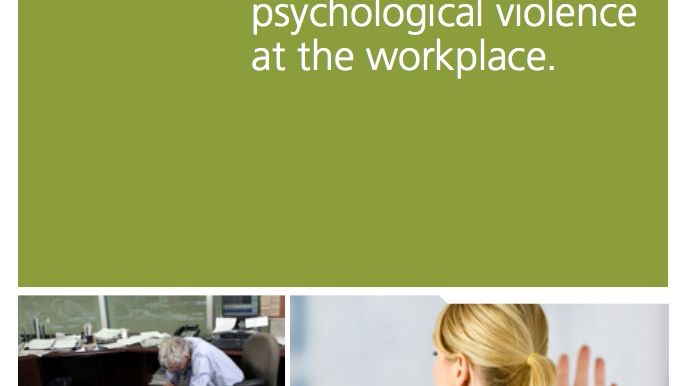
Overall subjective well-being has remained stable, but happiness and work-life balance levels have declined, and more people are having trouble making ends meet. This report explores patterns of change in the quality of life in Europe over the last decade, focusing on aspects of everyday life, economic factors, and on issues relevant to public policy, using Eurofound's multidimensional approach.
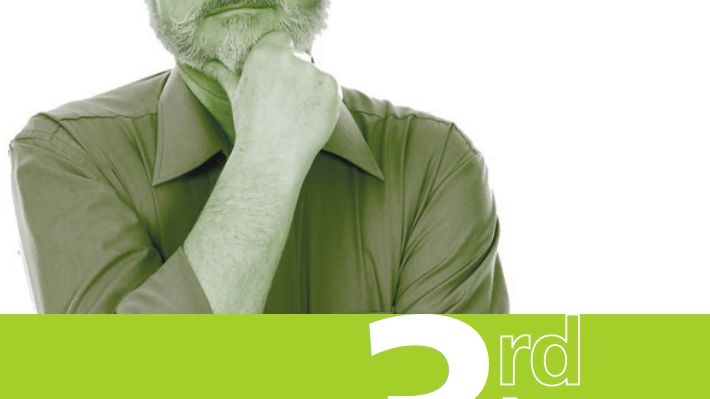
In the midst of Europe’s greatest recession, 40% of all EU companies have difficulties finding workers with the right skills. For innovative companies, this is even more challenging. This emerges from Eurofound’s third European Company Survey (ECS), launched in Brussels on 26 November 2013. The European Company Survey (ECS) maps what is happening in companies across the European Union.
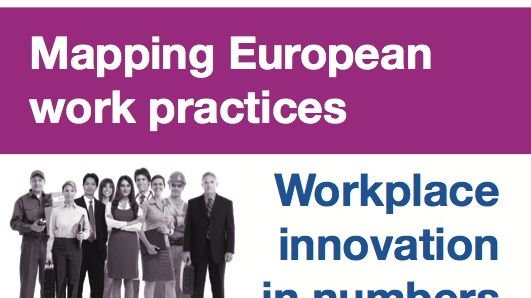
While life satisfaction increased marginally across the European Union between 2007 and 2011, happiness and optimism levels have fallen and perceived social exclusion has increased, indicating a decline in overall well-being in many European countries. Eurofound’s new report is the first in a series of reports which covers trends in quality of life in Europe over the past decade.
